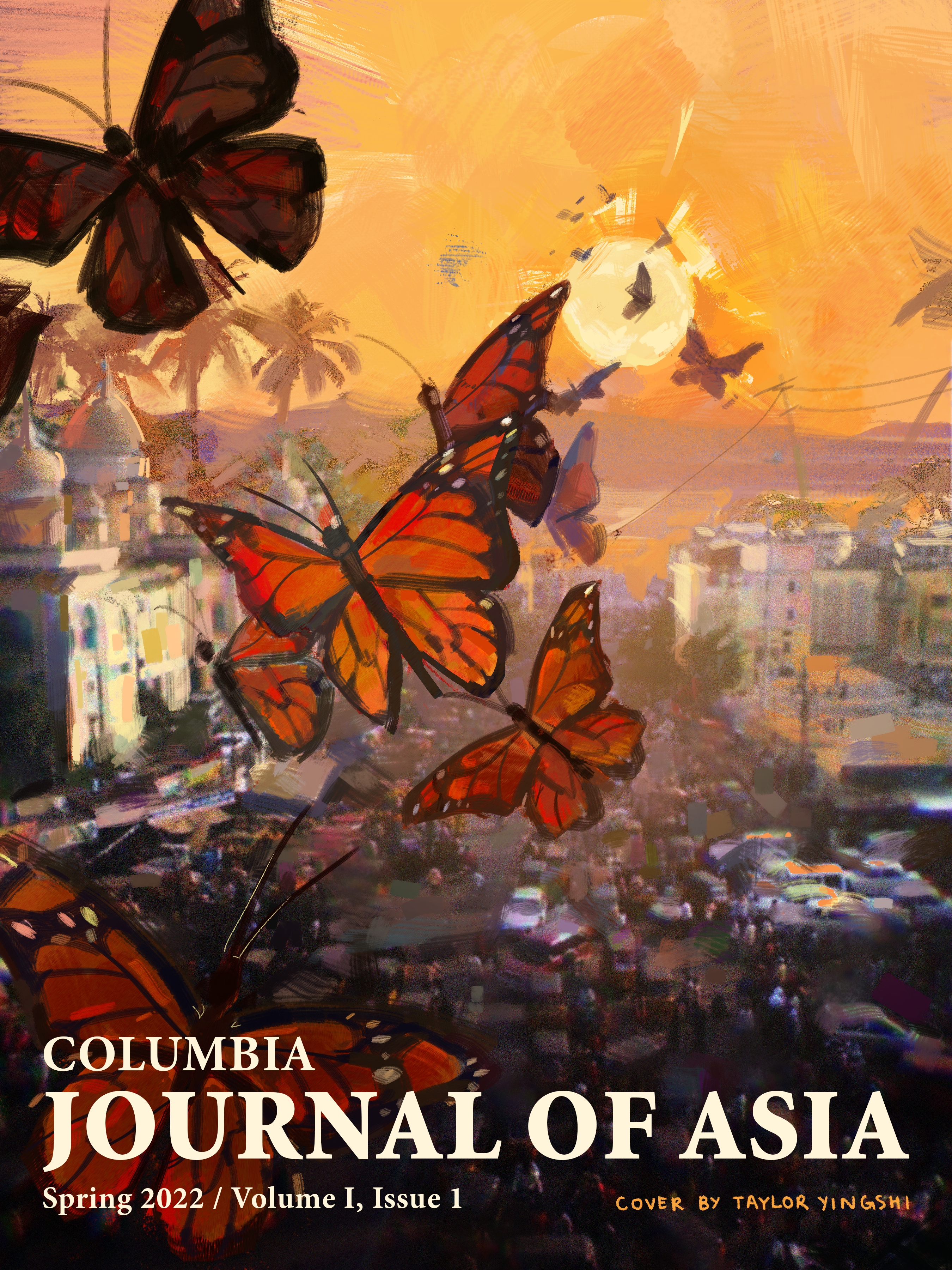Abstract
Three assumptions have been crucial to the Hindu Right wing’s discourse in post independence India. Firstly, this discourse takes as a priori that Islam is a foreign import to India. Accordingly, the coming of the faith to the subcontinent during the Medieval period is seen as having ‘cataclysmic’ implications, disturbing its erstwhile tranquility in the form of forced conversions, temple desecrations and so on. Secondly, this discourse conceives Modern Indian Muslims as a discrete, homogenous community, whose loyalty is at worst questionable, on account of their affiliation with a foreign civilization. Lastly, in its self-perception, the Hindu Right partly derives legitimacy by presenting itself as successors and custodians of a Millennium-old Hindu subjectivity: a collective Hindu trauma precipitated by the cataclysmic coming of Islam in India, which enables a vision of the latter atrocities through ‘memory’. Critics often point to the violent implications of this discourse for Indian Muslims, especially since the rise of the BJP in the late 20th Century and the waves of communal violence that it has left in its wake. Less often do critics delve into the historical veracity of the Hindu Right’s claims. Far from being an ‘objective’ contact with memory, I will show how the Hindu Right’s discourse derives its genealogy from the British colonial discourse on Islam and the Muslim community in India. I shall do so by analyzing British colonial narratives, in relation to statements on Muslims issued by the two earliest RSS chiefs. Moreover, I will highlight how this discourse grossly oversimplifies the history of Islam in the subcontinent. This kind of a historical critique will be significant in unsettling the Hindu Right’s claims to memory and not just in condemning the violent manifestations of its politics.

This work is licensed under a Creative Commons Attribution 4.0 International License.
Copyright (c) 2022 Shayan Sheikh

